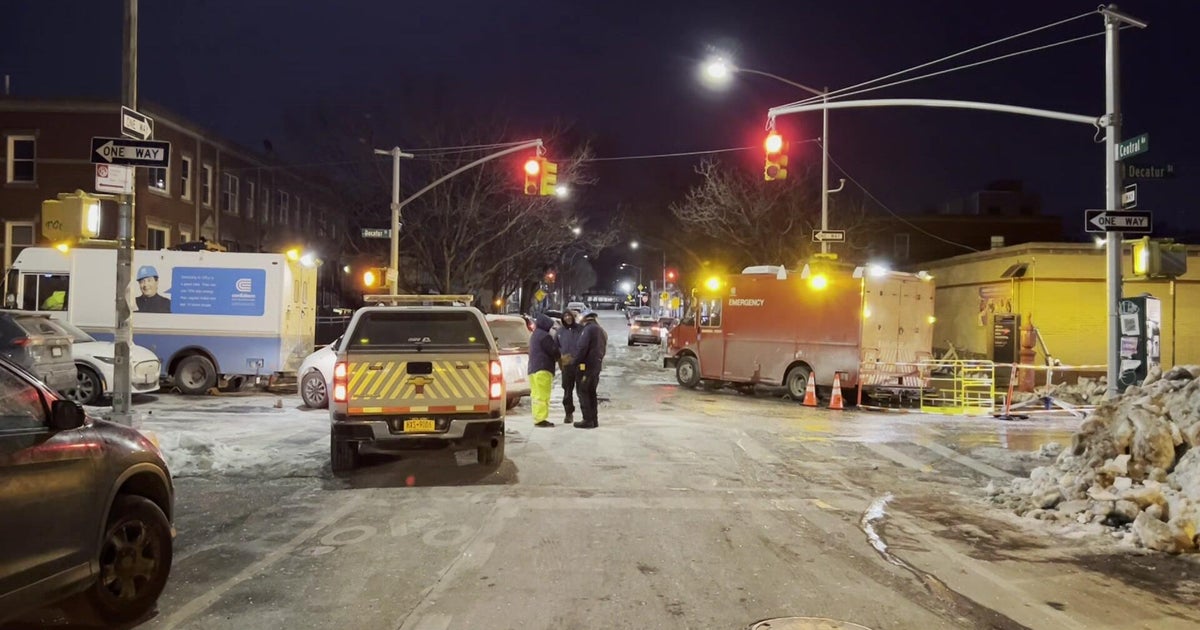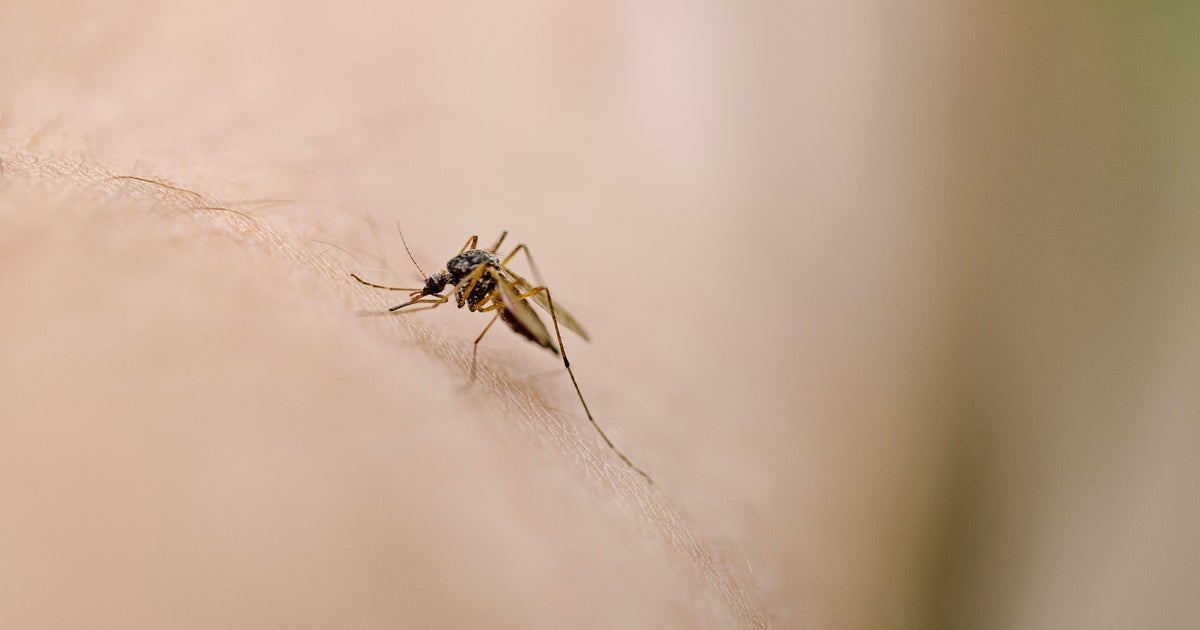Alligators At The Beach? Scientists Say Get Used To Predators Invading Odd Places
DURHAM, NC (CBS Local) - Alligators on a beach? Killer whales in a river? Mountain lions in the open plains? It may sound like a mismatch, but a new study is warning that humans should get used to seeing more large predators in unexpected places in the future.
The Details:
- A new study says large predators are moving into more unexpected areas
- Sightings of animals like alligators in populated areas are becoming more common
- Scientists believe the predators are recolonizing areas they hunted in before their populations dropped
According to researchers at Duke University, potentially dangerous animals aren't exploring new territory for the first time, they're actually trying to recolonize former hunting grounds taken over by humans.
"We can no longer chock up a large alligator on a beach or coral reef as an aberrant sighting," Brian Silliman of Duke's Nicholas School of the Environment said in a press release. "It's the old norm, the way it used to be before we pushed these species onto their last legs in hard-to-reach refuges. Now, they are returning."
In the journal, Current Biology, Duke researchers explain that animal populations have rebounded in recent years thanks to conservation and environmental protection laws. A side effect of this eco-friendly policy shift has been the return of many large predators who had previously been threatened with extinction.
The associate professor of Marine Conservation Biology added that species like sea otters have been observed adapting to life in estuaries that don't contain rich kelp forests; meaning that if climate change were to destroy their current habitats the species wouldn't die out. They would simply move elsewhere.
In recent weeks, hordes of alligators have been terrifying residents across the southern U.S. as they walked onto highways, parking lots, and even front porches. Experts in Florida and Texas believed the 11-foot gators were simply traveling into unfamiliar areas for mating season.
Tragedy struck on May 7 after another alligator wandered onto Interstate 95 in South Carolina and was hit by an oncoming motorist. Amber Stanley and her two young children were killed after the collision sent the family's car veering into a tree.
"The assumption, widely reinforced in both the scientific and popular media, is that these animals live where they live because they are habitat specialists," Silliman argued. "This is based on studies and observations made while these populations were in sharp decline. Now that they are rebounding, they're surprising us by demonstrating how adaptable and cosmopolitan they really are."







